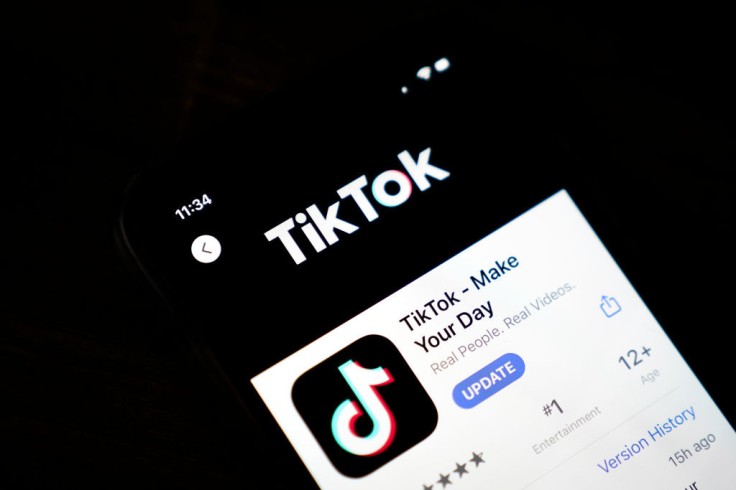
The short-video format social media app, TikTok, just updated its Privacy Policy and things look a bit fishy.
Tiktok Privacy Policy Update
In a Tiktok video posted by Sean (username @seansvv) yesterday, which at the time of writing has amassed 3.4 million likes and over 136.2 thousand shares, he talks about the new privacy policy the app has rolled out for its users.
He said he has read the entire update Terms and Conditions and mentions having a few concerns have been solved. What really got his attention was the "Image and Audio Information Section."
In that section, the second to the last sentence reads: "We may collect biometric identifiers and biometric information as defined under US laws, such as faceprints and voiceprints, from your User Content."
@seansvv I read the entire policy so that you didn’t have to #fyp #privacypolicy #update #new #news #important #deepdive ♬ original sound - Sean He/Him
It is concerning when last February, ByteDance, the company that owns TikTok paid a $92 million settlement after a class-action lawsuit over privacy violations which included hoarding users' facial recognition data, according to Forbes.
While TikTok disagrees with the assertions, the app would much rather focus its efforts on "building a safe and joyful experience for the TikTok community" instead of going through lengthy litigation, a Tiktok spokesperson told Forbes, hence the hefty payout that can be considered among one of of the highest privacy-related settlements in the country.
Among the claims the plaintiffs filed, which included concerns over ByteDance being based in mainland China and the data collected by the app can be a risky practice, Tiktok insisted that the company doesn't ship American user data to foreign servers.
But in the same Privacy Policy update, under the "Security and Storage" section, it says:
TikTok may transmit your data to its servers or data centers outside of the United States for storage and/or processing. Third parties with whom TikTok may share your data as described herein may be located outside of the United States.
Usage of Tiktok Faceprints and Voiceprints
Faceprints are the digital scans of your face and for apps like TikTok and other social media platforms, faceprints are used to apply funny face filters on your face.
Voiceprint is a visual record of speech that notes the frequency, duration, and amplitude of your voice, as explained by Oxford Languages. Apps can use voiceprints to add voice effects on videos.
The Verge notes how there is a lot of conflation between the usage of biometric data that users are fine, like accessing video effects, and outcomes that users might consider more invasive like ad targeting and "demographic classification."
There's also the usage of a lot of broad languages which can be Tiktok's way of covering any future updates it might want to add to the platform, The Verge comments.
CNet also says that adding the particular policy notes means Tiktok may no longer need to ask permission from its users from other states who don't have biometric privacy laws in place. States who have these laws include California, Illinois, New York, Texas, and Washington.
Can You Stop TikTok From Collecting Your Biometric Data?
By continuing to use the app, users agree, unknowingly or not, to the app gathering those biometric data.
Unfortunately, unless you decide to stop taking and posting videos on the app and stop allowing TikTok access to your camera and microphone manually on your phone's settings, or you delete your account and delete the app completely, TikTok will have access to your biometric data.
A spokesperson has said that the updated privacy policy served to "provide more clarity" on the information the app collects. Sure, there is more information, but concerned users now have more questions left unanswered.









